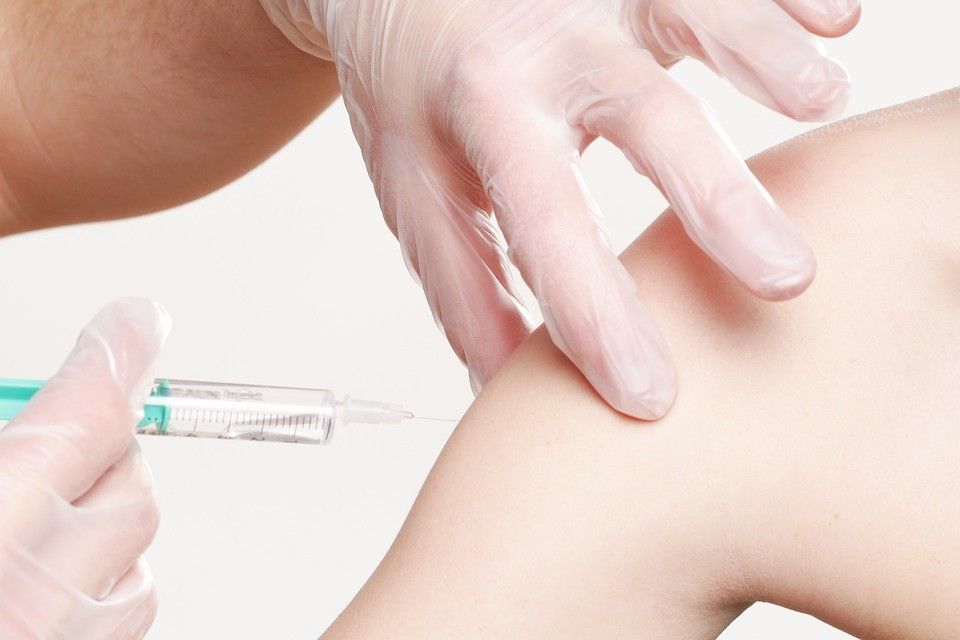UNICEF: Philippines’ immunization coverage decreasing

MANILA, Philippines — On the occasion of World Immunization Week (April 24 to 30), the United Nations Children's Fund (UNICEF) in the Philippines has released a statement to draw attention to the importance and shared responsibility for vaccination, to ensure all Filipino children grow up healthy and protected from preventable diseases.
“Health workers, national and local government officials, civil society, mothers, fathers, and community members have a role to play to ensure that Filipinos receive the right information on immunization, families are supported in overcoming barriers, and that children complete their vaccines,” UNICEF reminded in the statement.
According to the organization, vaccines act as a shield that protects children, families, and communities and particularly the most vulnerable.
“Vaccines protect children against disease and death, saving up to three million lives every year. For the Philippines, vaccines also make economic sense. Vaccines prevent illness, freeing up precious resources to invest in strong health systems. Vaccination can also promote a stronger workforce and prevent losses in productivity.”
But while many countries have dramatically increased immunization coverage, in the Philippines, coverage is decreasing. While the Philippines eradicated polio in 2000 and eliminated Maternal and Neonatal Tetanus in 2017, we have fallen behind in routine immunization that protects children from diseases such as measles, diphtheria and hepatitis B.
“It’s time for urgent action,” UNICEF said.
UNICEF added that in the Philippines, the proportion of children aged 12 to 23 months who received all basic vaccinations dropped from 77 percent in 2013 to 70 percent in 2017, while the percentage of children with no vaccination rose from 4 percent in 2013 to 9 percent in 2017.
Eighty percent of children received the first dose of measles vaccination, while only 47 percent received the second dose of vaccine preventing measles. As a result, an outbreak this year resulted in more than 700 children contracting measles, a disease that can potentially be lethal to a small child.
“This could have been prevented with timely vaccines. Measles and other diseases can only be eliminated through collective action,” UNICEF said.
“Ensuring that children complete their vaccines is not the job of health workers alone. Government agencies, non-government and people’s organizations, civic-oriented groups, faith-based organizations, academe and other partners—we can all work together to reach out to families and persuade them that vaccines are safe and effective. We appeal to all parents and caregivers to ensure that their children are immunized according to schedule and encourage other families with children in their neighborhoods to do the same,” UNICEF Philippines Representative Lotta Sylwander stated.
UNICEF works with the Department of Health to increase immunization coverage by helping strengthen routine immunization and improve processes to procure and distribute vaccines. UNICEF also helps at the “barangay” or village level to strengthen local governance mechanisms, create ordinances and health committees, improve data and monitoring, conduct training and communicate health messages effectively.



















